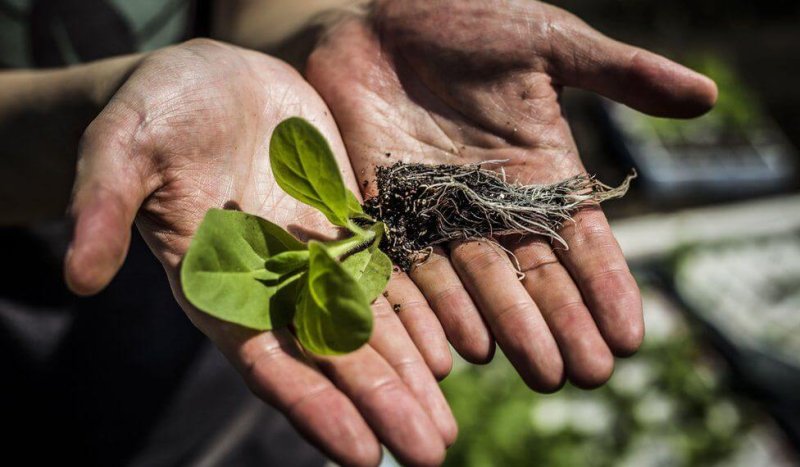Medicago is a pioneer of plant-derived therapeutics. Its tech takes the idea of traditional vaccine manufacturing – based on using eggs to produce viruses – and instead uses living plants as the bioreactor that produces a protein particle that mimics the target virus.
The first step is to create the required protein particle and introduce it into a plant-specific bacterial vector. This is then taken up by plants which multiplies the vector. It takes just four to six days for the ‘mini-factories’ to produce the Virus-Like-Particles (VLPs) – compared to around six months for egg-based production (The company highlights that plants are not genetically modified; rather, the plants’ natural cellular processes are used).
While initial experiments had used alfalfa (Medicago is the Latin word for alfalfa), today the company uses N. benthamiana plants: a relative of tobacco which has a weakened immune system meaning genetic material can be hosted rather than rejected by the plant.
…
A Phase 3 trial, which started in March, is enrolling up to 30,000 participants across 11 countries.
If the vaccine is authorized, commercial production could then be ramped up – ultimately reaching 1 billion doses a year. “Depending on final dosage, we should be able to produce up to 80 million doses of the vaccine by the end of 2021,” said Landry.































